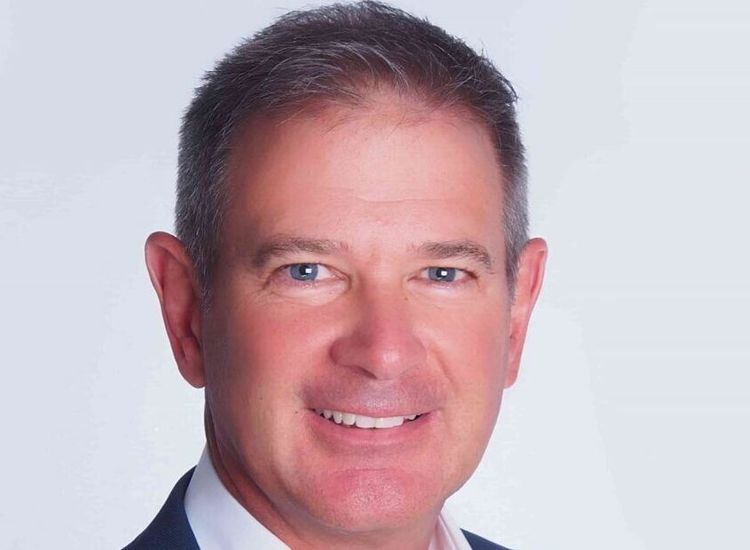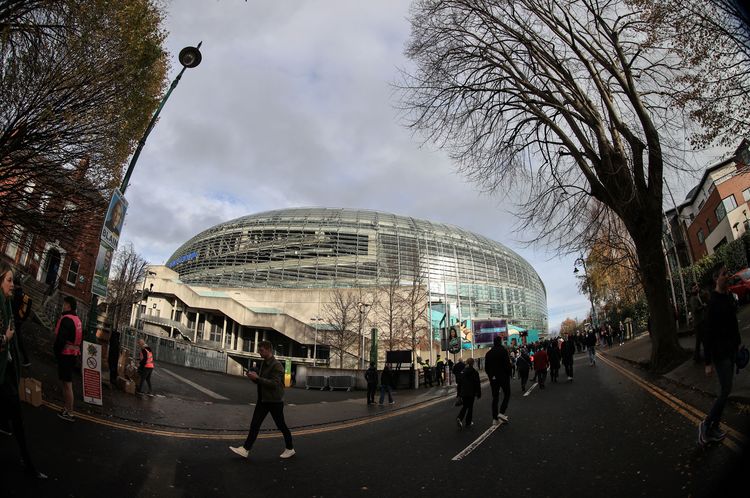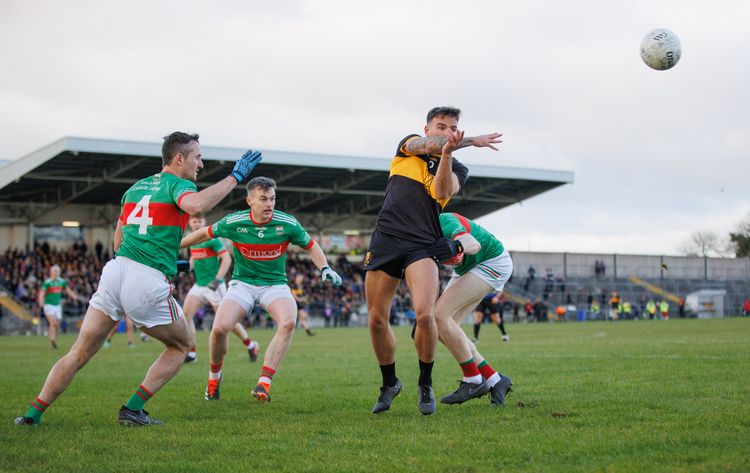"Quarehawk" is a study in contrasts.
By Daniel Neely
On Saturday, Nov. 2, Donie Carroll will again hold his annual fundraiser for Bangkok’s Mercy Centre (www.mercycentre.org) at the New York Irish Center in Long Island City. Carroll has assembled a fabulous lineup for this one, which will feature Mick Moloney, Haley Richardson, Jerry O’Sullivan, John Roberts, and the Niall O’Leary dance group. Carroll will also perform, supported by button accordion player Séagda Coyle and yours truly on the banjo. If that weren’t enough, Father Joe Maier, the Mercy Center’s founder, will come over from Thailand to be in attendance. It promises to be a memorable evening all around, for tickets, text Carroll at 917-723-7488 or contact the New York Irish Center, www.newyorkirishcenter.org. And remember, the Mercy Center is a 501c3 organization, so all your donations are tax deductible!
https://youtu.be/fbFkIncVMiE
In the player this week is “Quarehawk,” the new album from flute player Michael Walsh, and it’s a fascinating and compelling bit of musicking. According to the album’s liner notes, quarehawk, a term Walsh took from his father Patrick, has several meanings, including “crafty, clever, dangerous, a bit odd, a bit strange. It can be a compliment, a slight, a warning or a term of endearment.” It’s important to start with this, as the term has special significance: Walsh’s father, who moved to England from Carnacon, Co. Mayo, in 1957, died unexpectedly during the album’s production. A jarring experience, it also brought immediacy to the intricate, unresolved complexities that seem to have characterized Michael and Patrick’s relationship. Walsh explores thm here, with the “quarehawk” concept being the organizing force that ties the album together.
Walsh was born in Manchester and raised in Stockport, England. He has a very established musical background, including being an All-Britain Senior Flute Champion and a finalist in the 2016 Seán Ó Riada Competition. He’s been in touring bands, played in traveling shows, and was even a featured performer on the soundtrack of the television program “The Irish Empire.” In addition, he is also a doctoral candidate at the University of Sheffield Department of Music, where his specialty is Asturian Folk and Irish Traditional Music.
All of this comes to bear on “Quarehawk,” which is a study of contrasts. On the one hand, there are a number of tracks that feature Walsh’s tasty flute playing in a fairly basic way and seem to honor the teachers of Walsh’s formative years. “Marian’s Favourite” and “Crowley’s,” tracks that were recorded direct to vinyl for the album, bookend the album with stylish presentation. “Paddy’s Return / …” and “Ships in Full Sail / …” are really nicely delivered with minimal arrangement. (Mike McGoldrick, who co-produced seeveral tracks, plays bodhrán on some of these.) “Barralin/Pasucáis de Uviéu” explores Walsh’s more recent interest in the music of Asturia. It’s a lovely track with great feeling.
https://soundcloud.com/user-811182562/02-quarehawk-featuring-kepa
These are counterbalanced by the quarehawk tracks, which are conspicuous and jarring and provide a hard chiaroscuro that affects the collection’s perception as a whole. Nowhere is this more apparent than in the album’s titular track “Quarehawk,” which features three jigs of Walsh’s own composition, named for his children and wife. He’s joined here by Kepa Junkera on trikitixa (a Basque accordion) and Simon Bradley (fiddle) who provide a hypnotic base over which Walsh reads a bracing confessional poem in which he seems to struggle with the memory of his father. “Your machismo choked me,” he declares. “I am that young man you humiliated,” and yet “though my wings are out stretched now and I can look you in the eye, my feathers remain ruffled because I am a quare hawk.” It is a powerful track that sets an incredibly powerful tone.
https://soundcloud.com/user-811182562/06-barralin-pasucais-de-uvieu
Another example is “The Visitor,” which comes a bit later. Over Liz Hank’s elegiac cello playing, the track features poet Mike Garry reading a piece of his own that looks at fathers, sons, and loss. It takes a more ameliorative tone that complicates the hard edged sentiment of “Quarehawk.” Later still, Walsh sings the song “Come My Little Son (England's Motorway).” It’s an important song, as his father worked on the construction of England’s M1 and it presents still another side – one that is far more understanding – of the father-son relationship here. It expands the album’s expressivity but also complicates the overall picture. Even “The Shores of Lough Bran,” which combines each of Walsh’s interests in English, Irish, and Asturian music and features him singing in English, Ríoghnach Connolly singing a verse in Irish, and Leticia González Menéndez singing one in Spanish, echoes this quarehawk theme, with its hopeful expression of loss.
“Quarehawk” is an excellent album with a brilliantly realized concept. It stands alongside a growing body of albums I’ve seen that address trauma in its different forms, including Susan McKeown’s “Singing in the Dark” (2010) and Cormac Breatnach’s brilliant “The Whistle Blower” (2018), in that it takes complex personal emotions and works through them in compelling ways. Here, music isn’t simply a method toward resolution, but resolution in itself. Folks interested in great playing and contemporary trends in traditional music will thoroughly enjoy this album, but it will likely have deeper meaning for those who struggled after personal loss. Definitely one to check out. To learn more, visit www.michaelwalshmusic.com.
https://soundcloud.com/user-811182562/08-paddys-return-trip-to











